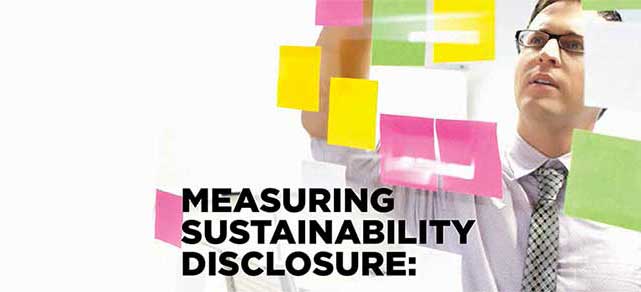Since a growing number of economic decisions are being made based in part on sustainability-related information, ensuring the reliability of such data has grown in importance. One way to instill confidence in the underlying quality of sustainability data is to conduct an audit and provide assurance on that information. In the same way that regulated financial data needs to be audited by a qualified assurance provider, sustainability data can be reviewed by a third-party assurance provider.
The past few years have seen a notable rise in the number of companies auditing their sustainability data. This trend is largely a response to increasing pressure from various stakeholder groups for assurance on the reliability of corporate sustainability data. The rules about sustainability auditing are much less stringent than those that govern the auditing of financial data, and, accordingly, the extent and scope of an audit of sustainability data often varies significantly among companies in a given industry. This is because sustainability reporting is still largely a voluntary as opposed to mandatory activity, characterized by a lack of agreed-upon scopes and standards available to assurance providers.
As shown in the above chart, featured in Corporate Knights Capital’s 2014 World Stock Exchange Report, the number of large listed companies that conducted a sustainability audit grew from 237 in 2008 to 1,087 in 2012, an increase of 359%. Still, the 1,087 companies that conducted a sustainability audit in 2012 constitute only 24% (1,087/4,609) of the large listed companies included in this year’s study.
Assuring a sustainability report may be safely deemed a minority practice, but the trend line is clearly on an upward trajectory.








